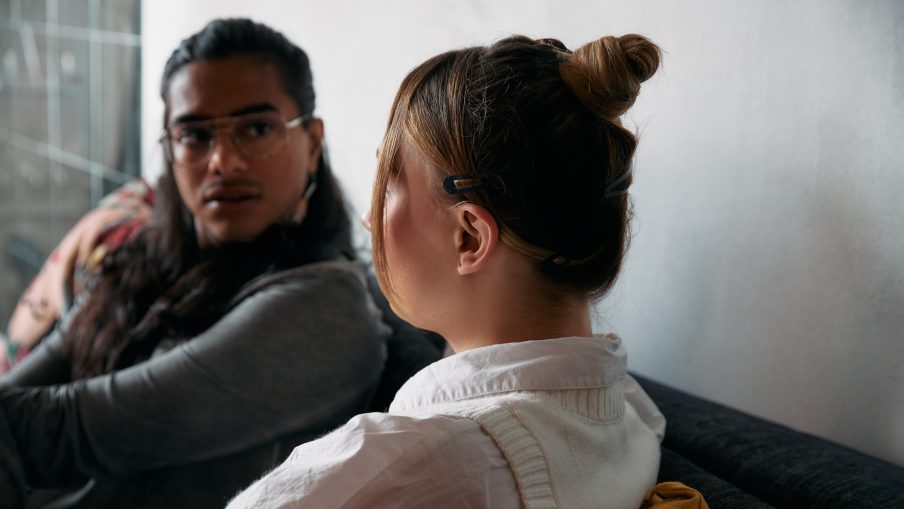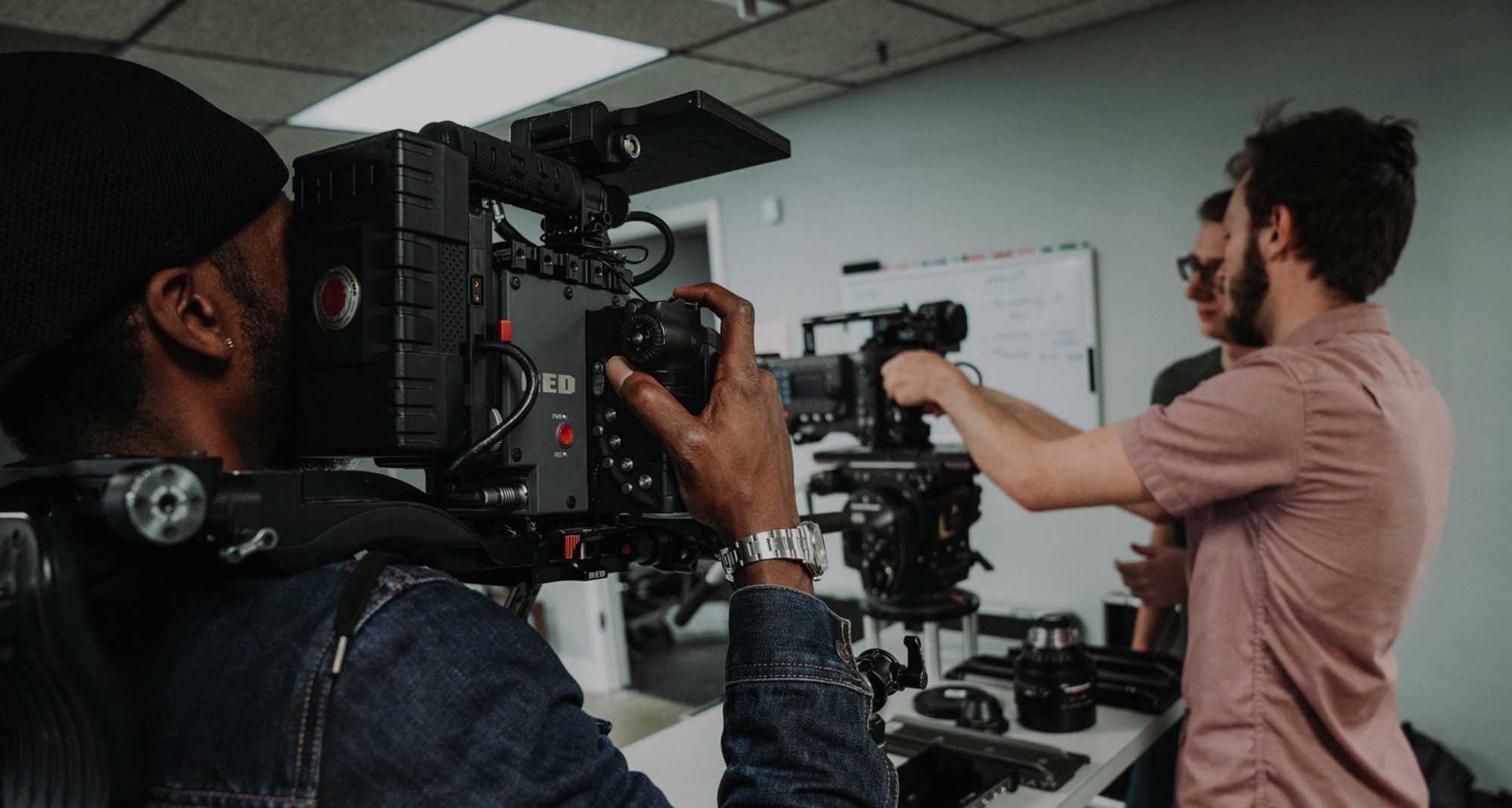Bullying and harassment

Unfortunately, bullying, harassment, and discrimination are big issues in the film, TV, and cinema industry and are one of the main causes of poor mental health among its workers. Our 2019 Looking Glass Survey found that more than 80% of workers in the industry had experienced or witnessed bullying, harassment, or discrimination in the workplace.
It can be difficult to identify or know how to respond to experiences of bullying, harassment, or discrimination. This is especially true when these behaviours are too often accepted as a ‘normal’ part of the job or an organisation’s culture. Our Bullying Advice Service, and the guidance we’ve produced can help you understand your rights, what options you have, whether you wish to report it or not.
On this page you will find:
- Information about what constitutes bullying, harassment, discrimination, and victimisation
- Guidance on what you can do if you experience or witness bullying, harassment, or discrimination at work
- Helpful resources for preventing and addressing bullying, harassment, and discrimination
If you’ve experienced or witnessed or experienced any of these issues, please get in touch with our Bullying Adviser to find our what support is available for you.
Bullying, harassment, discrimination and victimisation
If you feel you’re being treated unfairly at work, it’s important to understand what type of treatment you’ve been subjected to as you have different legal rights depending on what you have experienced.

Speak to our Bullying Adviser
Remember that you can speak to our Bullying Adviser at any stage in this process for advice on definitions, making a record, what your options are and what you might want to do next – or simply about how you are feeling.
What you can do if you experience or witness bullying, harassment or discrimination at work
Important
Please, always remember that if you have experienced or witnessed any form of physical or sexual threat, harassment, abuse, or criminal activity, you should consider contacting the police as soon as possible.
Anyone who is concerned about bullying, harassment, or discrimination at work should make a record, and start creating a written log with details of the behaviour they are experiencing or witnessing. This should include dates, times, a description of what occurred and a note of any witnesses. Documenting your experiences can be an enormously useful way of helping you understand what you’re going through and identifying patterns, as well as the seriousness of the behaviour.
It’s also helpful to gather any other evidence of the behaviour by keeping copies of any relevant documentation (e.g. emails, phone messages, notes of calls etc). Having a record can help you recall and process what’s happened. It will also help you to present your case if you decide you want to take things further, for example, by sharing your concerns at work, or by reporting the behaviour.

Reporting bullying, harassment, and discrimination
Everybody’s situation is different, but as a basic guide, these are the broad steps you can consider following if you wish to seek support or take action against bullying, harassment, or discrimination at work.
Know your rights
It’s important to know your legal and contractual rights. It doesn’t matter whether you are employed, self-employed or freelance, you still always have the right to a safe and harassment-free workplace, and your employer has a legal duty of care towards you. Visit the Citizens Advice website to find out more.

Talk to someone right now
If you need urgent support, our free and confidential 24-hour support line is here for you.
